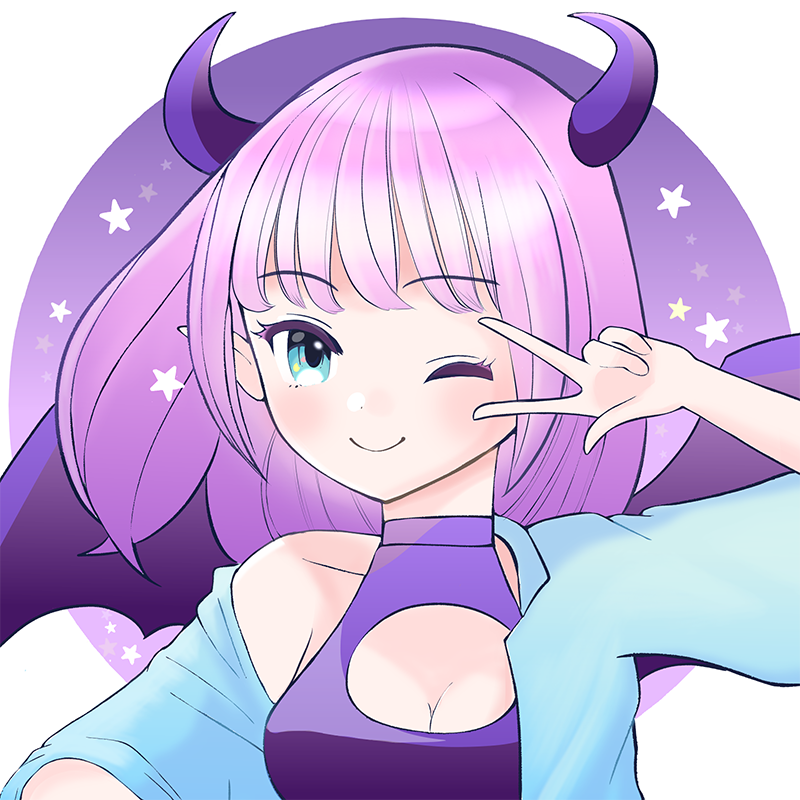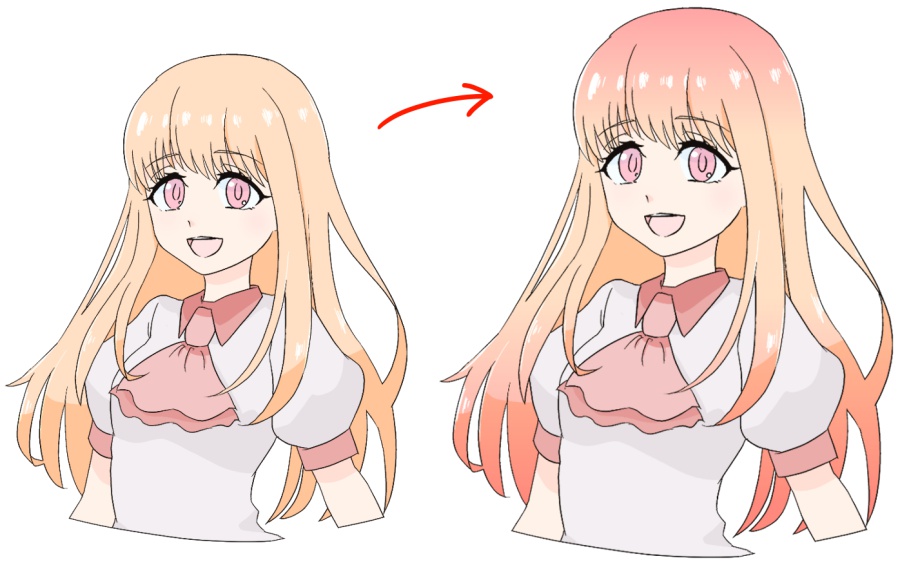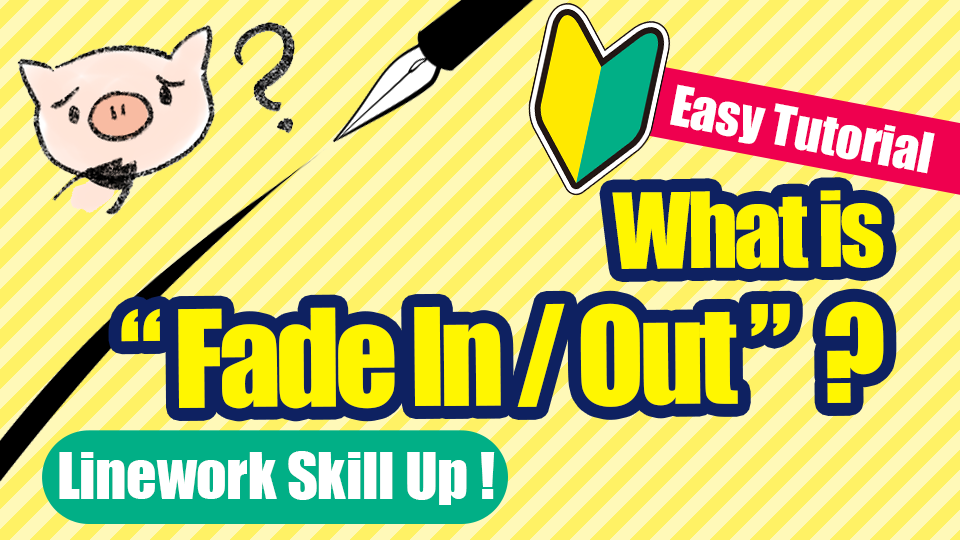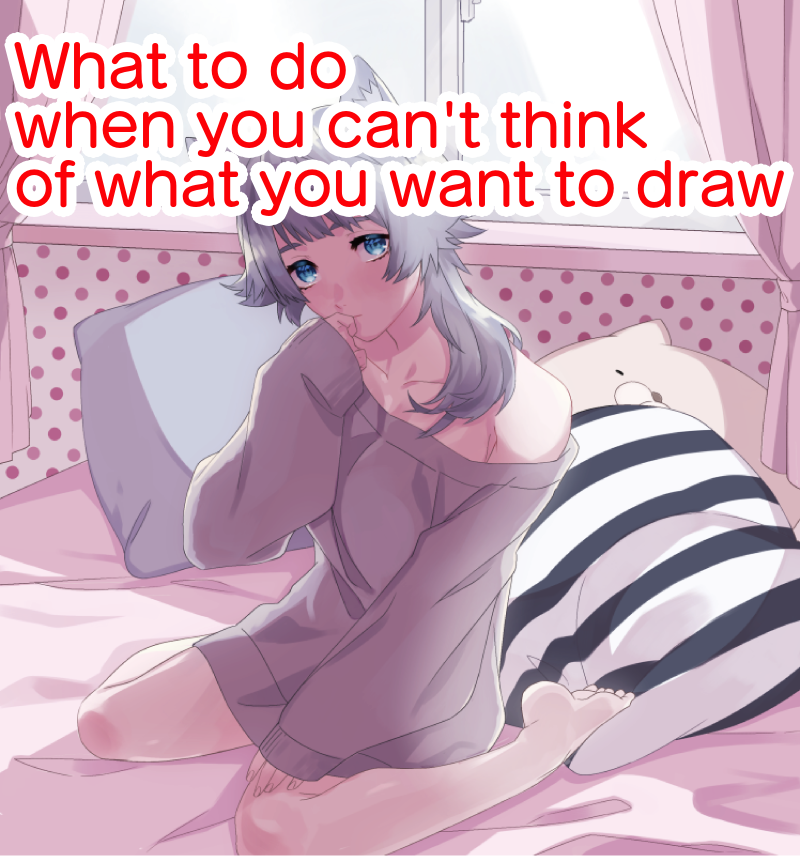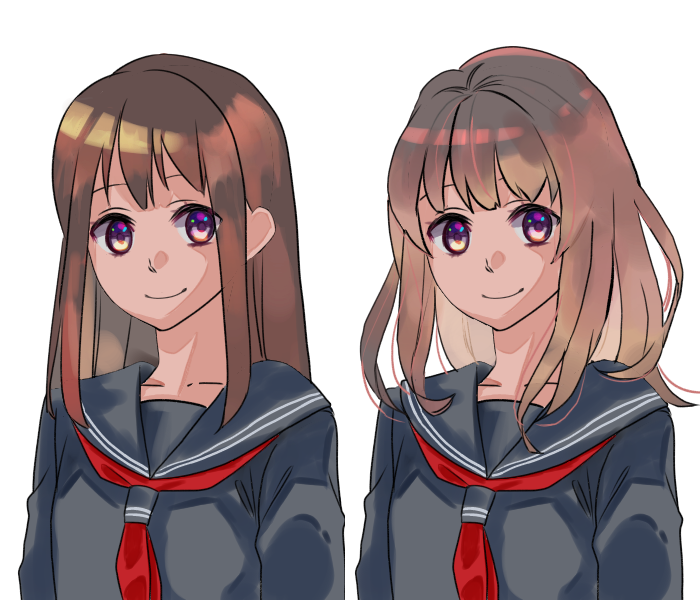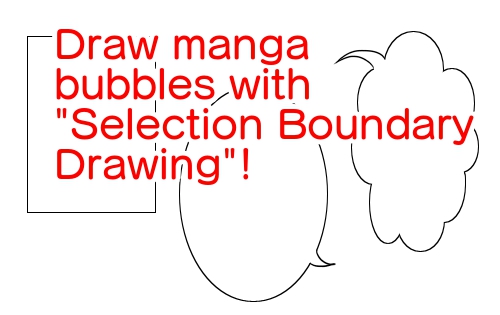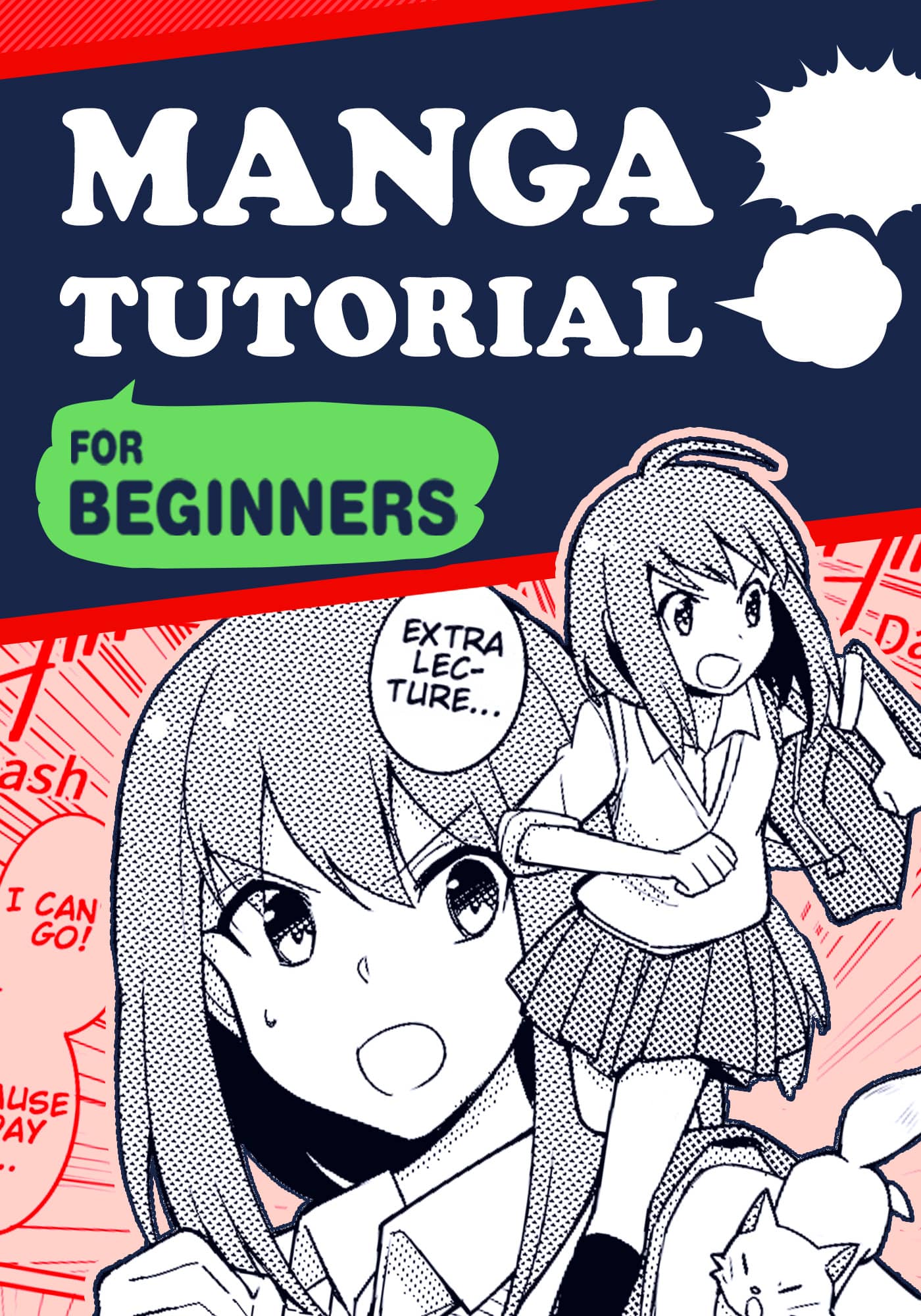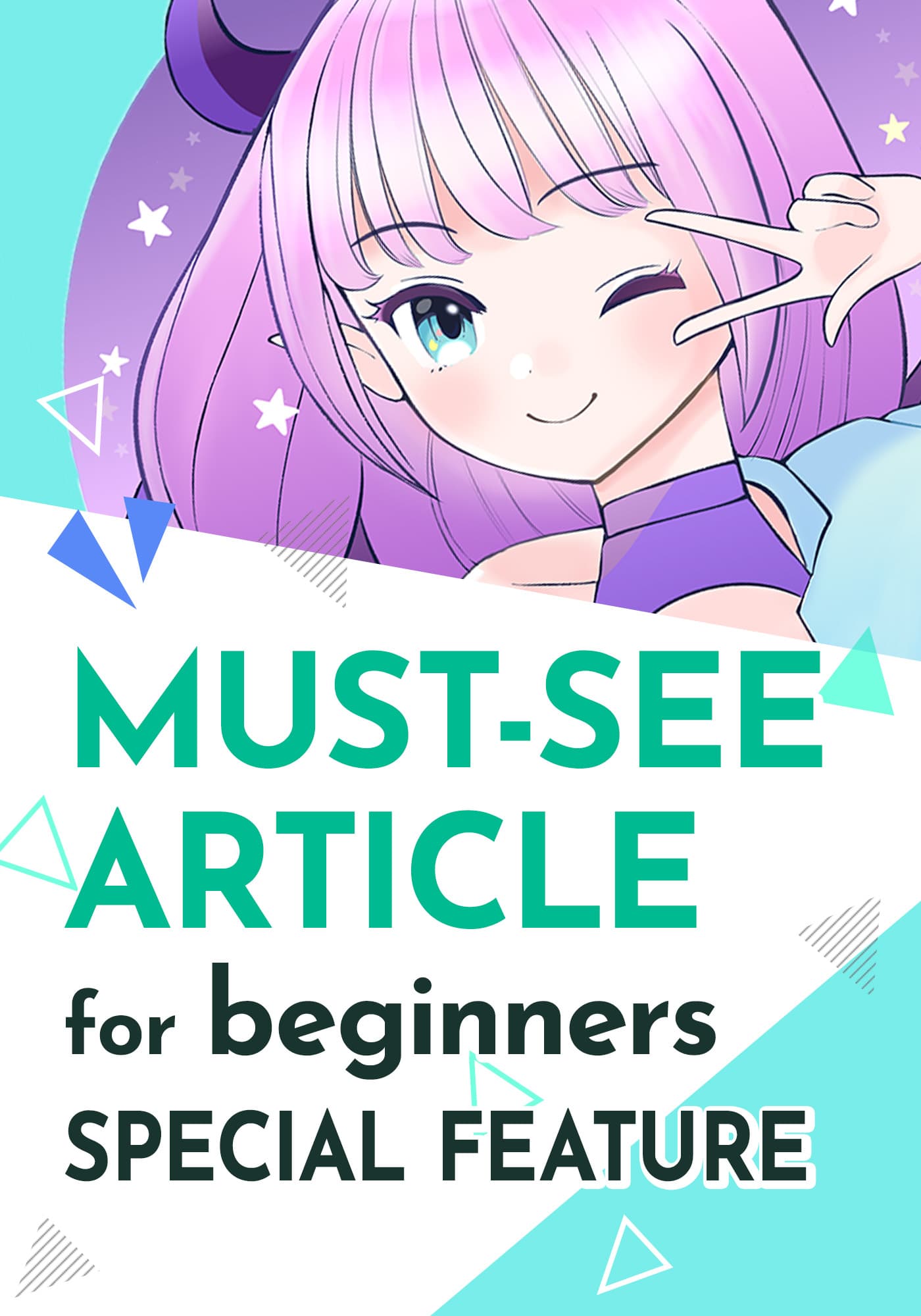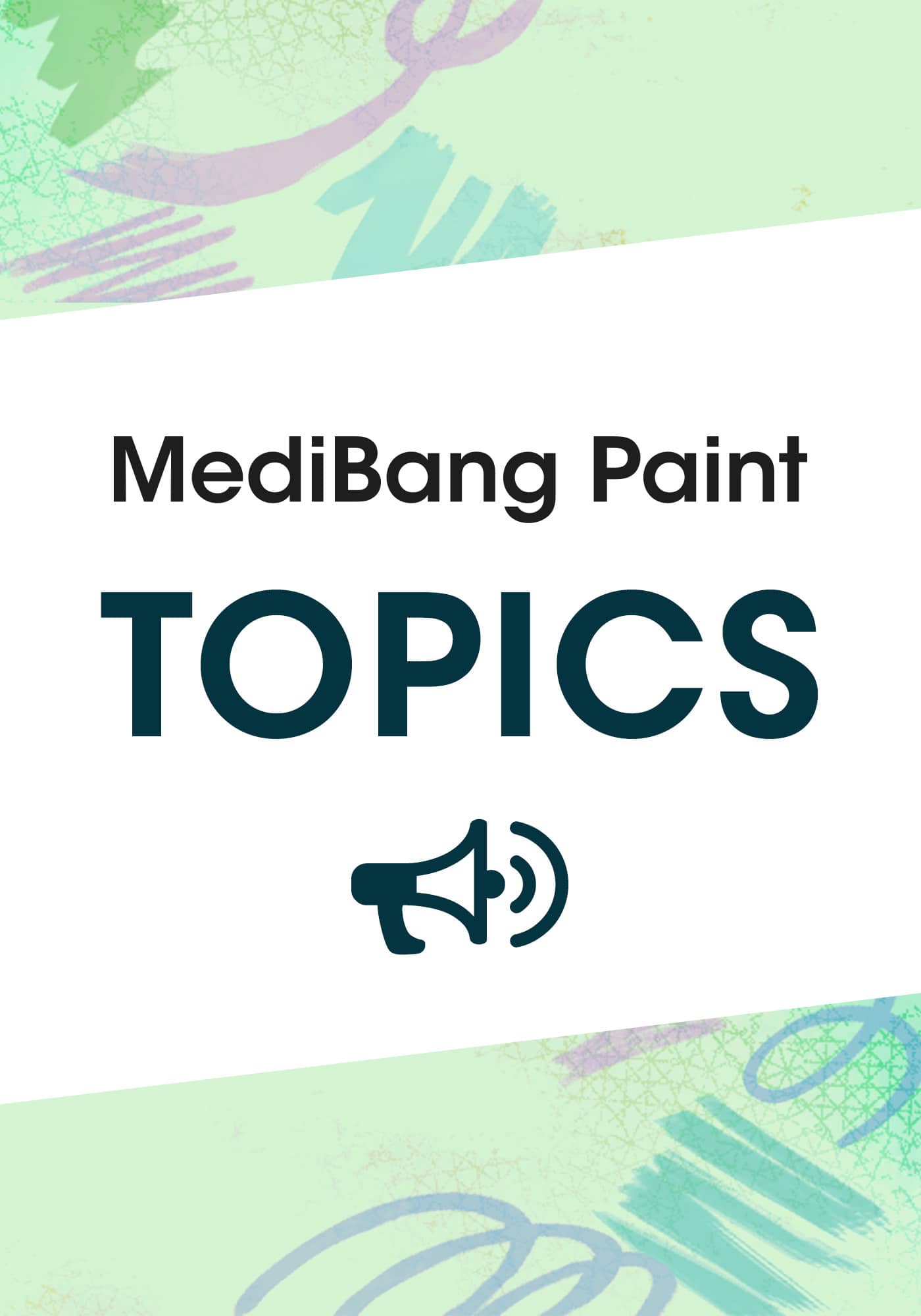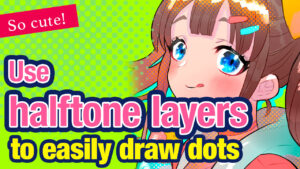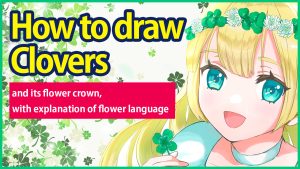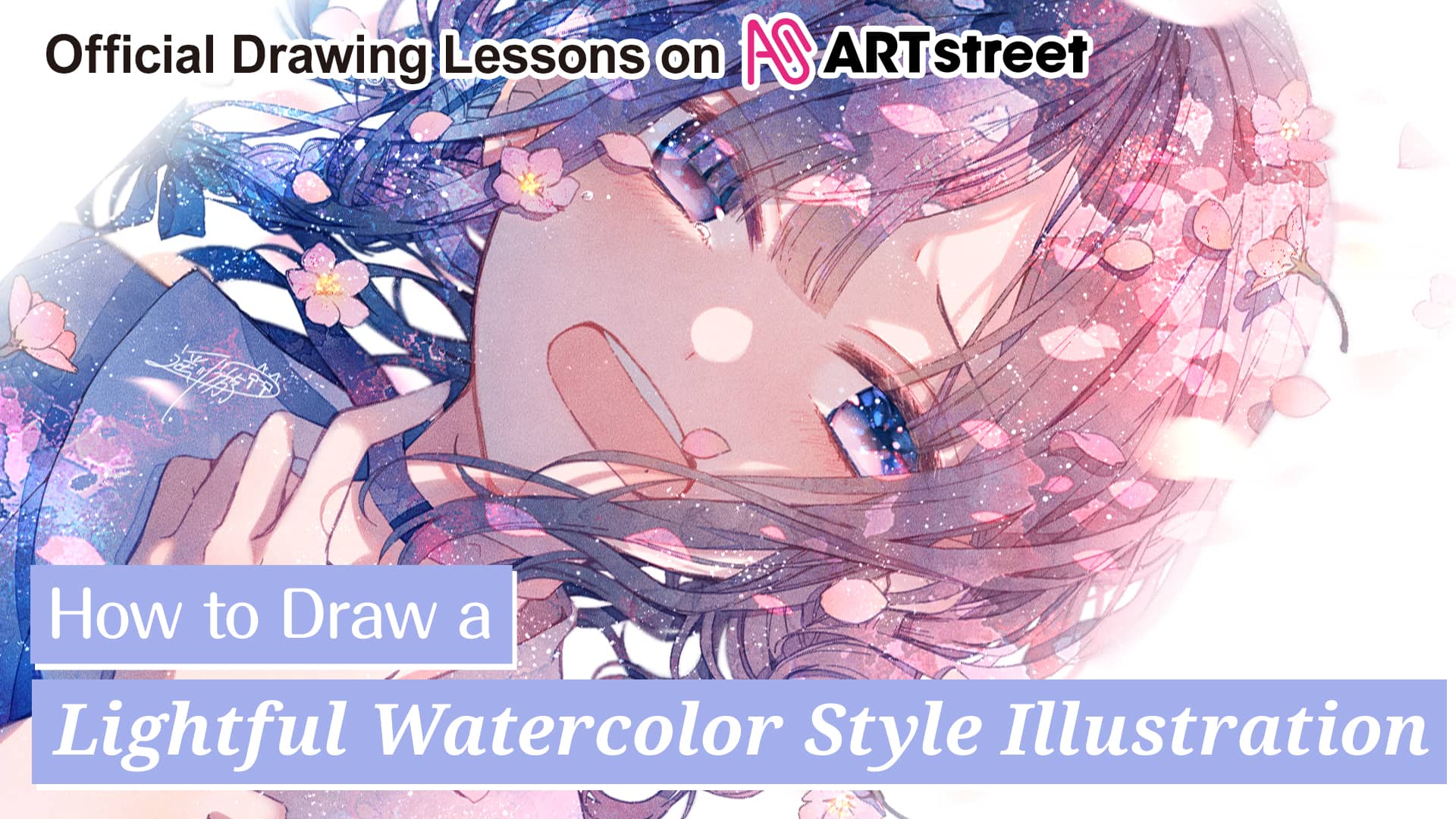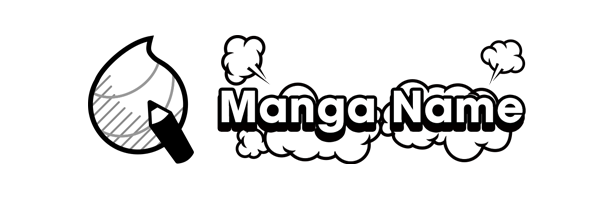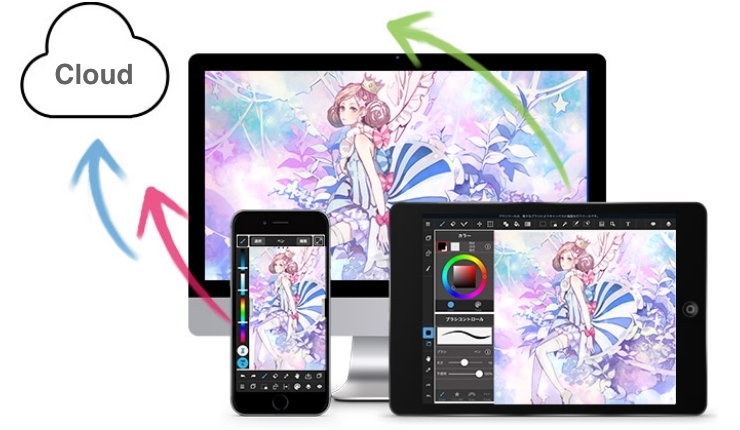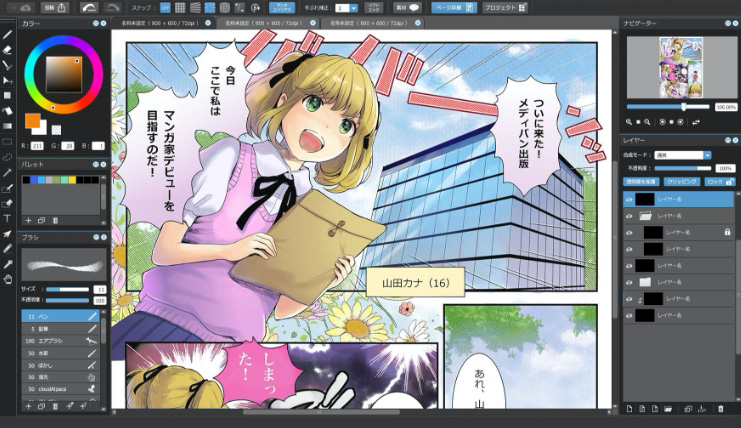2020.10.30
[Smile, cry, angry face] The key to drawing facial expressions and how to distinguish them.
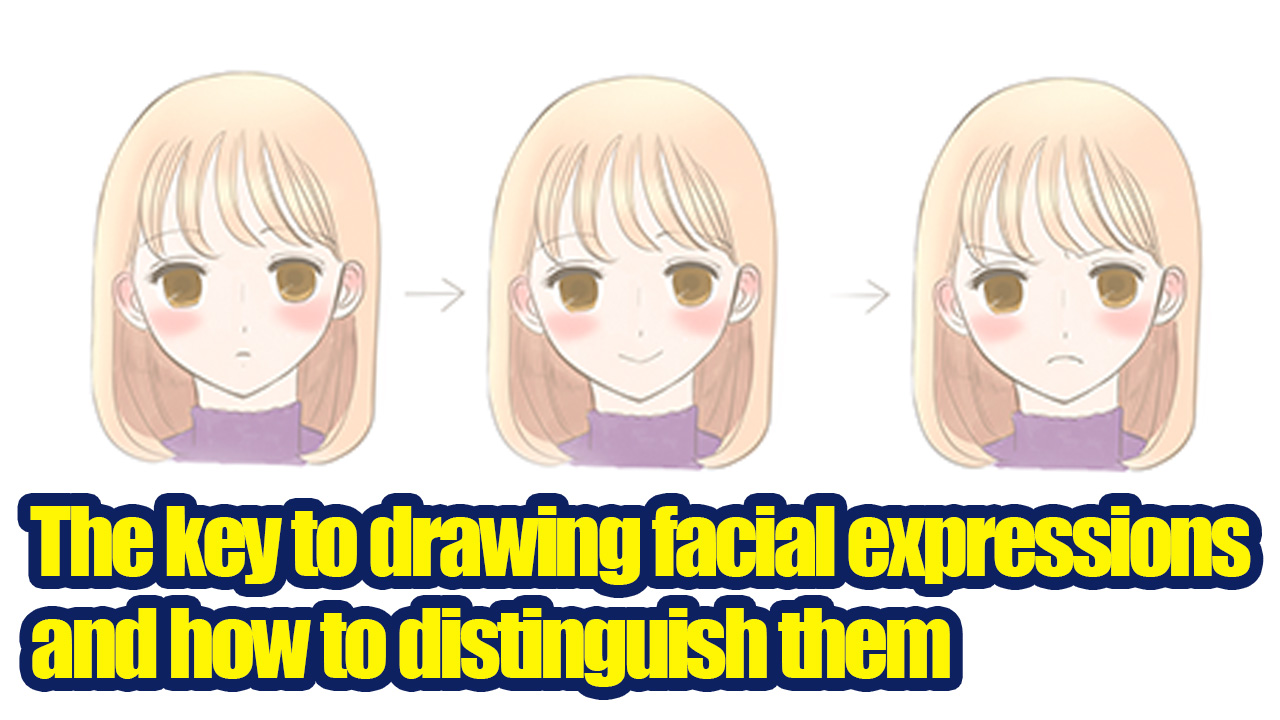
Happy faces, crying faces, angry faces.
The richer the expression of a character, the more vivid the cartoon or illustration looks.
The key to making your characters shine is to draw their expressions in an attractive way.
But when you try to draw them, for some reason they don’t work …… and the expressions don’t change much ……
What is happening?
There are a few things to keep in mind when drawing facial expressions.
So, what are some things to keep in mind when you want to draw an attractive expression?
Let’s take a closer look!
1. Points to remember when drawing facial expressions
When drawing facial expressions, you should first observe the expressions of your friends, whether in a mirror, in a photo, or in a friend’s face.
The areas around the eyes (eyebrows and eyes) and the mouth are the ones you want to pay special attention to.
As the old saying goes, “The eyes speak louder than the mouth,” and emotions can be seen around the eyes.
Also, just by changing the mouth area, your expression can change dramatically.
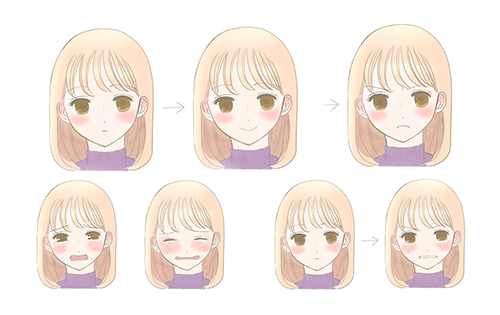
Now, let’s see how the eye and mouth areas change with each expression.
We’ll also introduce some other points to keep in mind besides the eye and mouth area, so check it out.
2. How to draw a smile
The first thing you want to be aware of when drawing a smile is the upward angle of the mouth.
When you are happy or joyful, the zygomaticus muscle in your cheeks is pulled up and the corners of your mouth go up.
So let’s start by raising the corners of your character’s mouth.
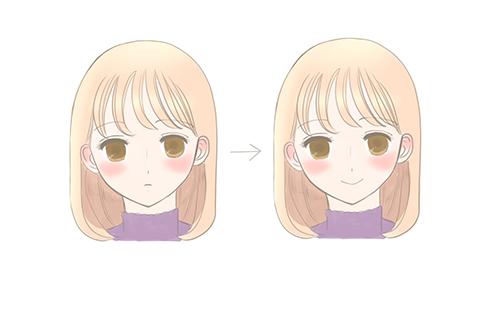
Observe the pictures and the expressions on your friends’ faces.
If they look very happy or happy, do your lower eyelids lift up a little bit too?
This is because as your cheek muscles are lifted, your lower eyelids will also naturally lift.
So if you want to look more happy and joyful, try lifting your lower eyelids a little bit.
Your character’s face will also look more emotional if you lift the lower eyelid.

3. How to draw a crying face
When you are crying, your eyebrows drop and your mouth is right next to each other.

This is quiet crying, but as the crying becomes more intense, the lowering of the eyebrows and the expression of the mouth becomes louder.
If you imagine that you are crying loudly, you can open your mouth wider.
As your grief grows, we recommend lifting your lower eyelids to moisten your eyes and making your tears bigger.
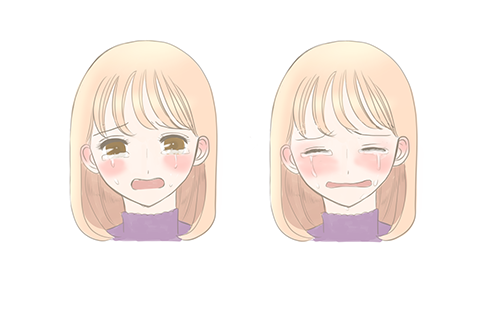
If you are crying with happiness, you should keep your mouth in a smile and your eyebrows lowered modestly.

I’ll show you how to draw a cry of frustration together in the next section on angry looks.
4. How to draw an angry face
When you’re angry, your eyebrows should be lifted upward.
As you lift your eyebrows up, as if they were wrinkles between your eyebrows.
The corners of your mouth should be lowered to form an upward angle.
Depending on how angry you are, you may want to increase the angle of your eyebrows, widen your eyes, or blush.

Slightly loosen your anger and crying face to make it look like crying in frustration.
You can make her look more like crying in frustration by making her eyebrows weaker than in anger, moistening her eyes and lifting her lower eyelids.

5. How to draw a surprised face
When you are startled, your face will look round in the image of your eyes and mouth.
Eyes should be slightly wide and eyebrows raised.
The mouth should be round and open to create a surprised look.
The larger the surprise, the larger the opening of the eyes and mouth should be.

6. Summary
When drawing facial expressions, in addition to being careful how you draw them, I recommend that you draw while feeling the emotions of the character.
When drawing a character’s happiness, sadness, or anger, it’s easier to draw a character’s emotions, and many cartoonists and illustrators say that they tend to draw the same face as the character when drawing their expressions.
It’s a good idea to observe different people’s expressions and try drawing different expressions.
\ We are accepting requests for articles on how to use /

